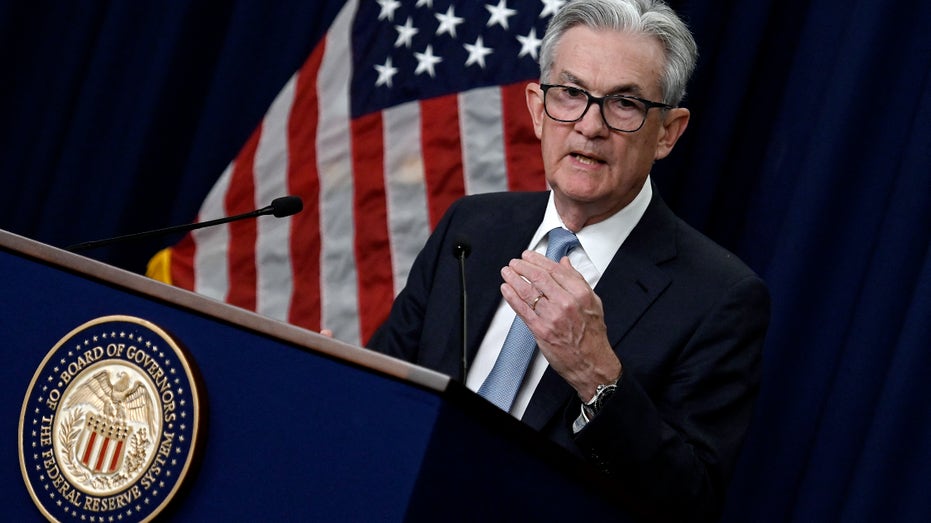Sizzling-hot inflation costing Americans an extra $460 a month, analysis shows
Inflation accelerated in May, ratcheting up financial pressure on US households
Inflation will 'take a while' to get under control: OceanFirst Financial CEO
OceanFirst Financial CEO Chris Maher, a Federal Reserve Bank of Philadelphia board member, argues that if the U.S. heads into a recession it will be 'mild.'
The average American is shelling out an extra $460 a month because of the hottest inflation in decades, according to a new Moody's Analytics analysis.
The financial squeeze stems from the rising cost of a number of everyday goods, including cars, rent, food, gasoline and health care.
INFLATION TIMELINE: MAPPING THE BIDEN ADMIN'S RESPONSE TO RAPID PRICE GROWTH
Inflation accelerated again in May, the Labor Department reported last week, with the consumer price index rising by 8.6% – much higher than economists expected. It marks the fastest pace of inflation since December 1981, underscoring just how strong inflationary pressures in the economy still are.

A customer shops for produce at a Cardenas Market on June 08, 2022 in San Rafael, California. ((Photo by Justin Sullivan/Getty Images) / Getty Images)
The analysis was conducted by Moody's economist Ryan Sweet, who came up with that figure by comparing prices for goods and services in May versus how much households would have paid for those same items when inflation was 2.1%, the average in 2018 and 2019.
Scorching hot inflation has created severe financial pressures for most U.S. households, which are forced to pay more everyday necessities like food, gasoline and rent. The burden is disproportionately borne by low-income Americans, whose already-stretched paychecks are heavily impacted by price fluctuations.
Rising prices are eating away the strong wage gains that American workers have seen in recent months: Real average hourly earnings decreased 0.6% in May from the previous month, as the inflation increase eroded the 0.3% total wage gain, according to the Labor Department. On an annual basis, real earnings actually dropped 3% in May.
Rampant inflation has become a major political liability for Biden ahead of the November midterm elections, in which Democrats are expected to lose their already razor-thin majorities. Surveys show that Americans see inflation as the biggest problem facing the country – and that many households blame Biden for the price spike.

US Federal Reserve Chair Jerome Powell speaks during a news conference on interest rates, the economy and monetary policy actions, at the Federal Reserve Building in Washington, DC, June 15, 2022. ((Photo by OLIVIER DOULIERY/AFP via Getty Images) / Getty Images)
Rising prices have also had major implications for the Federal Reserve, which is moving at the most aggressive pace in decades to fight inflation and hike interest rates. On Wednesday, policymakers approved a 75-basis point rate increase, the first since 1994, and signaled that another super-sized hike could be coming in July.
GET FOX BUSINESS ON THE GO BY CLICKING HERE
But the Fed is in a precarious situation as it walks the line between cooling consumer demand and bringing inflation closer to its 2% target without inadvertently dragging the economy into a recession. Hiking rates tends to create higher rates on consumer and business loans, which slows the economy by forcing employers to cut back on spending.
"The Fed is now between a rock and a very hard place," said Peter Earle, a research fellow at the American Institute for Economic Research. "Acting more aggressively to stem the rise in prices heightens the likelihood of causing a recession."





















